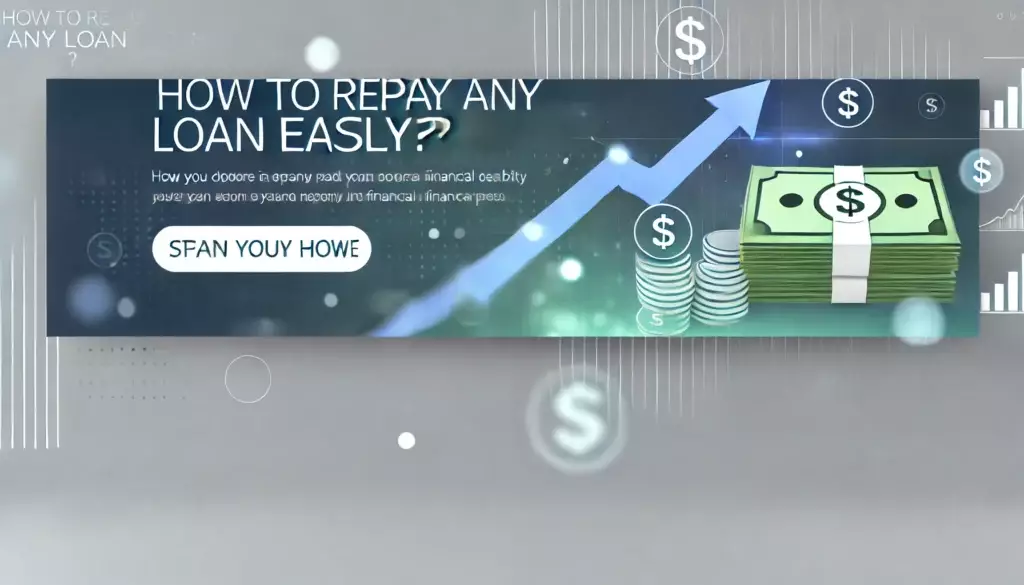Many American investors have been obsessed with initial public offerings (IPO) since the dot-com boom of the late 1990s, and even the bursting of that bubble hasn’t dampened their enthusiasm for long.
Some investors are there to make a quick buck, but others want to get in on day one and stick around for a company’s first growth spurt. The big question is, how does it work? Below, we take a look at the five biggest IPOs launched in 2018.
First, think back to 2018. What made it such a great year for IPOs? Most of the year saw very strong market conditions overall, making it an ideal time to enter the market. Corporate profits set second-quarter records, with S&P 500 companies earning an average of $34.05 per share. Consumer confidence hit its highest level in nearly 20 years in September. Then the final weeks of the year erased the gains of the previous months in the market and sent the S&P into losses for 2018 as a whole.
The five IPO companies below were the largest of the year in terms of overall launch size. We’ll compare their launch day close with their 2022 year-to-date (YTD) returns and their total returns since IPO through August 2022.
Key points to remember
- Spotify (SPOT) was the biggest IPO of 2018, but it has since failed, trading below its IPO price in mid-2022.
- AXA/Equitable (EQH), the finance and insurance giant, debuted as the second largest, and its shares have been rising ever since.
- Foreign company ADRs also topped the 2018 IPO list, with mixed results.
- As stock markets struggled throughout 2022, many of these once-high airmen saw their stock prices plummet.
1. Spotify Technology SA (SPOT)
- Sector: Technology
- IPO size: $26.54 billion
- Closing of the first day of the IPO: $149.01 (opened at $165.90)
- Year-to-date 2022 (until August 2022): -49%
- Return since IPO (until August 2022): -16.5%
The largest IPO on the list, Swedish music streaming service Spotify Technology SA (PLACE) had a unusual method to become public. On April 3, 2018, the company decided on a direct listing, a kind of “non-IPO”, in which the company sells shares directly to the public and without any broker or bank to act as an intermediary. Essentially, the process allowed all existing investors, including company employees, to sell their shares to the public, and no new shares were issued as part of the process. While the company reported a pre-traded value of $132 per share, the opening price was 25.7% higher than expected and closed at $149.01 per share, 12.9% higher. expectations.
Spotify’s IPO offered 55.7 million shares or common stock.
2. AXA Equitable Holdings, Inc. (EQH)
- Sector: Finance
- IPO size: $2.75 billion
- Closing of the first day of the IPO: $20.34
- Year-to-date 2022 (until August 2022): -8%
- Return since IPO (until August 2022): +43.5%
On May 9, 2018, AXA Equitable Holdings offered 137,250,000 common shares, at a price of $20 per share. Raising more than $2.7 billion, AXA Equitable Holdings, Inc. (EQH) recorded the second largest IPO of the year. The company represents the American branch of operations of the French insurance company AXA SA. Even given the massive transport, AXA’s IPO would have fallen short of its targeted stock sale.
3.PagSeguro Digital Ltd. (PAGS)
- Sector: Technology
- IPO size: $2.27 billion
- Closing of the first day of the IPO: $29.25
- Year-to-date 2022 (until August 2022): -47%
- Return since IPO (until August 2022): -48%
Brazilian payment services company PagSeguro Digital Ltd. (P) made around $2.3 billion when it went public. The company has offered more than 105 million shares at $21.50 each. PagSeguro, founded in 2006, is a leading payment services company for small businesses across Brazil. It has set as one of its main objectives the support of a digital payment infrastructure to allow e-commerce to continue to develop in Brazil.
4. iQiyi, Inc. (QI)
- Sector: Consumer goods
- IPO Size: $2.25 billion
- Closing of the first day of the IPO: $15.55
- Year-to-date 2022 (until August 2022): -12.5%
- Return since IPO (until August 2022): -74.5%
On March 29, 2018, iQiyi, Inc. announced its offering of 125,000,000 American Depositary Shares (ADS) at $18.00 per share, with each ADS representing seven shares of Class A common stock. Chinese video streaming service iQiyi, Inc. (IQ). The company earned around $2.25 billion from its IPO. However, the company’s share price fell significantly immediately after the offering. Netflix’s Chinese competitor is a subdivision of Baidu, the producer of China’s largest search engine. Although Baidu has now spun off iQiyi into its own entity, it retains the majority stake.
5. Pinduoduo, Inc. (PDD)
- Sector: Technology
- IPO Size: $1.6 billion
- Closing of the first day of the IPO: $26.29
- Year-to-date 2022 (until August 2022): -12.5%
- Return since IPO (until August 2022): +100%
Another Chinese company launched a successful IPO in the United States, earning it a spot among the biggest public offerings of the year. Pinduoduo inc. (PDD) IPO’d at $19 per US Depository Share, offering a total of 85,600,000 ADS. As a result, the company raised over $1.6 billion in its public offering. Pinduoduo is an online shopping platform that offers customers the opportunity to partner up to get bigger discounts from merchants. Pinduoduo managed to overtake other popular and highly anticipated Chinese-American public offerings around the same time, including that of Tencent Entertainment. Tencent earned around $1.1 billion in its IPO, barely failing to make the top five IPO list of the year.
Disclaimer: Curated and re-published here. We do not claim anything as we translated and re-published using Google translator. All ideas and images shared only for information purpose only. Ideas and information collected through Google re-written in accordance with guidelines and published. We strictly follow Google Webmaster guidelines. You can reach us @ chiefadmin@ygs.c32.myftpupload.com. We resolve the issues within hour to keep the work on top priority.






